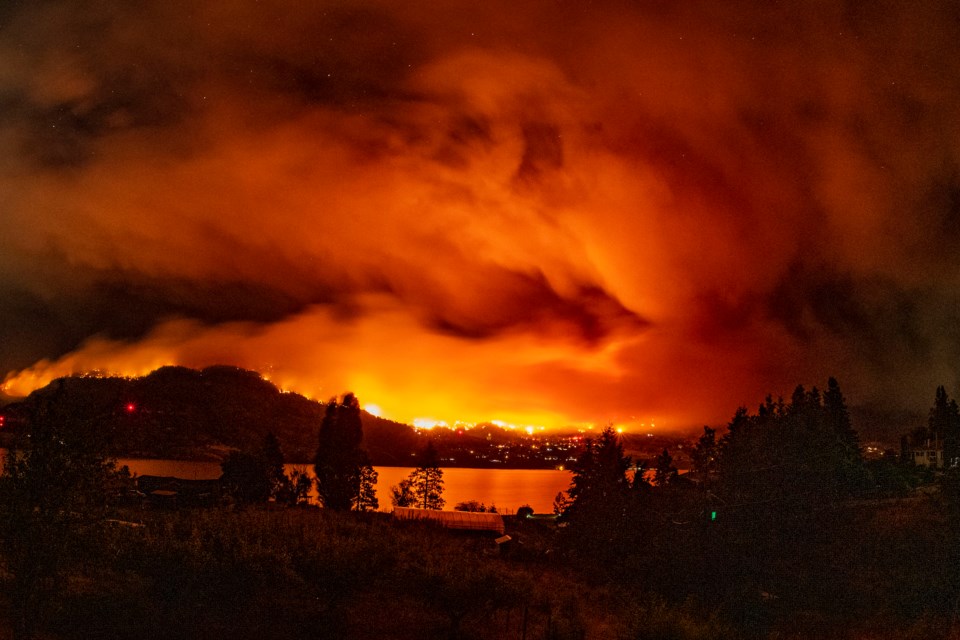It is fair to say that many of us in 撸奶社区breathed a sigh of relief when within the municipality, “due to ongoing dry weather and current wildfires causing a drain on provincial wildfire resources” on May 16, ahead of the Victoria Day long weekend.
(Despite what we sometimes see locally, campfires are never allowed in any public spaces within Squamish, including in our forests, mountainsides, on riverbanks, or beaches.)
However, outside of the District, the provincial Coastal Fire Centre, on May 17, only banned slash pile open burning —Category 2 and Category 3 fires.
(This is also banned within the District.)
Thus, there were still folks having campfires at Alice Lake, out in the 撸奶社区Valley, and the like.
To its credit, the BC Wildfire Service personnel and other land managers were out warning folks in the valley about respectful backcountry behaviour, including proper campfire safety.
But why no campfire ban?
Given that there are currently about burning in B.C. and 172 fires were sparked since April 1st, burning 267,664 hectares of our province, and that 85% of those fires were human-caused, it seems like a no-brainer to have put in a provincewide ban sooner rather than later.
The seems to have given its answer on X.
“Fires caused by industry, trains, open burning, power lines, reflected light or really anything other than lighting, are classified as human-caused. Campfires can be, and often are, used safely and play an important role in B.C., from camping and tourism to cultural uses,” the post reads.
And there are studies that back up a less restrictive use of bans.
found that fire bans did not eliminate or even substantially decrease fire sites and tree damage in campsites.
“Given the importance of campfires to visitor experiences, campfire prohibitions could be viewed as unnecessarily restrictive based on their limited success in preventing resource damage,” the study reads.
That said, given climate change, which is increasing our conditions for devastating wildfires, and our lack of success in strategies that rely on people to act responsibly in our backcountry in past years (see reports from the 撸奶社区Nation’s Roger Lewis about the reckless campfire behaviour he saw in the 撸奶社区Valley last year), it still seems reasonable to ban campfires throughout the province to at least reduce somewhat the chance of wildfires, while we work on reducing the other issues as well, such as industry, power lines and the like.
Yes, we all love roasting marshmallows around a campfire—it is fun—but surely we love our forests, the jobs they provide and our backcountry oases more, don’t we?




